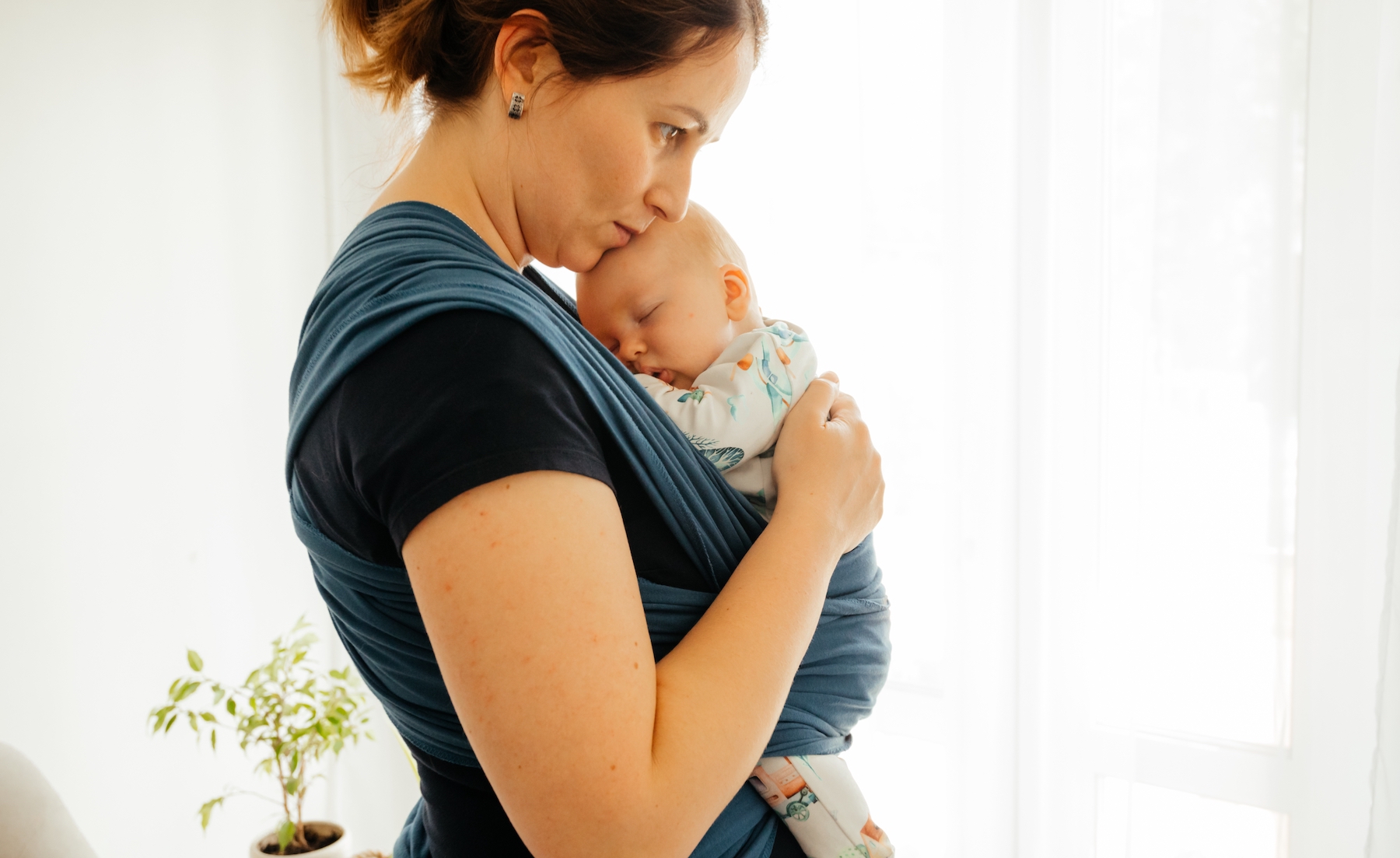Domestic Infant Adoption
Adoption can be a positive option for all members of the triad; infants placed for adoption can grow up in a loving family, birth parents who are not ready or able to parent are given the opportunity to choose to place their child with a stable, permanent, and loving family, and adoptive parents open their hearts and homes to a child to provide the unconditional love every child deserves. In the end, our whole society benefits when children thrive in nurturing, permanent families.
Adoption is the legal process by which parental rights and responsibilities are transferred from one parent or set of parents to another, with the purpose of ensuring that the child placed for adoption has all the benefits of a loving, permanent family if his or her birthparents choose to make an adoption plan. In a domestic infant adoption, both the child to be adopted and his or her potential adoptive parent(s) are citizens and residents of the same country.
National Council For Adoption believes that infant adoption can be a positive option for children as well as expectant parents facing an unintended pregnancy. Expectant parents may choose to make an adoption plan as one way of ensuring that their child has a stable, loving, and permanent family. NCFA believes that accurate adoption information should be included as part of a comprehensive options counseling program, and that expectant parents considering adoption have the right to receive knowledgeable, professional counseling both before and after an adoption takes place. We advocate for pre-adoption education for prospective adoptive parents and post-adoption support services to help adoptive families thrive once a child is placed in their homes.
The most recent statistical information about the number of private domestic adoptions, adoptive homes, and the adoption process is available through our 2022 Research Reports:
Adoption by the Numbers: How many adoptions happened in 2019 and 2020 across the U.S., and by state.
In 2019, there were 25,737 private adoptions in the U.S.
In 2020, there were 19,658 private adoptions in the U.S.
*The report did not distinguish the number of adoptions by the age of the adoptee at the time of adoption. Therefore, these numbers may include private adoptions of older children, but those would represent a very small portion of the overall numbers.
Private adoptions are adoptions in which the public child welfare system is not involved (most typically with adoptions from foster care), but rather the adoption is handled through a licensed adoption attorney or adoption agency.
Profiles in Adoption, Part One: A national survey of over 4,200 adoptive households in which we looked at who is adopting, who is being adopted, and their experiences.
- Check out our first five takeaways in this article
The first focus of an adoption is to ensure that a child has a safe, loving family to call his or her own. In domestic infant adoption, expectant parents make an adoption plan for their child and parental rights of a child are transferred to adoptive parents. A basic outline of what the process looks like for expectant and adoptive parents is provided below.
Expectant Parents/Birth Parents
- Options counseling: Information should be provided to expectant parents about all pregnancy options, including adoption. Resources about adoption, including referral information for local adoption professionals, should be readily available.
- Referral: An adoption agency, social worker, or attorney who specializes in adoption can give you more information about the adoption process and provide counseling to help expectant parents consider whether an adoption plan is the best option for them.
- Making an adoption plan: Expectant parents should think about the type of adoption they would prefer, and receive counseling and information to help them decide what degree of openness they would like in their adoption, the traits they want their child’s adoptive parent(s) to possess, and details about their birth and hospital experience.
- Choosing adoptive parents: In an open adoption, expectant parents considering adoption will view profiles of qualified adoptive parents and can ask to talk with them on the phone or meet in person. In confidential adoptions, expectant parents can ask their agency to choose a qualified family based on their preferences.
- Birth: The mother gives birth, and the child is generally placed in the care of the adoptive family upon leaving the hospital. Sometimes a mother might request additional time with her child after her hospital stay is completed.
- Relinquishment/consent: Birth parents sign documents legalizing the adoption plan and transferring parental rights to the adoptive parents.
- Post-adoption: Birth parents should continue to receive counseling after the adoption. Depending on the degree of openness chosen, birth parents may continue to have a relationship with the child and the adoptive parents. The vast majority of domestic infant adoptions in the U.S. now have some degree of openness/contact between birth parents, children, and adoptive families.
Prospective Adoptive Parents (PAPs)
- Contact: PAPs contact an agency or social worker to gather more information so they can decide whether or not to pursue adoption. They might attend information sessions or have an introductory meeting with agency staff.
- Application and homestudy: Application paperwork is completed, and a homestudy is conducted to gather legal, financial, and psychological information about the adoptive parents in order to to determine whether they can care for a child.
- Create a profile: Approved prospective adoptive parents create a profile for expectant parents to review and consider whether they would be a good match for a potential adoptive placement.
- Matched: Expectant parents making an adoption plan (or sometimes the agency) choose potential adoptive parents for the child.
- Birth: The expectant mother gives birth, and usually at that time or very shortly after the child is placed with the adoptive parents with the birth parents’ consent.
- Placement: The child lives with the adoptive parents while the legal process is finalized and supervisory visits are made by the adoption agency.
- Finalization: The adoption is finalized when the court transfers full parental rights to the adoptive parents and creates a new birth certificate listing them as the legal parents.
Adoption after infertility is very common and brings with it unique needs for preparation given the grief and loss that many infertile couples have experienced. We have created custom resources for this community which are available HERE.
Home Study Requirements for Prospective Parents in Domestic Adoption
Adoption 101 Webinar for Prospective Adoptive Parents
Adoption Advocate No. 140 – Choosing an Adoption Professional
Adoption Advocate No. 126 – Expectant Parents’ Adoption Planning Bill of Rights
Adoption Advocate No. 122 – Post-Adoption Contact Agreements: To Promote Court-Enforceability or Not?
Adoption Advocate No. 113 – Lessons from a Birth Mother: The Importance of Post-Adoption Support
Adoption Advocate No. 96 – Considering Birth Fathers: Ensuring Rights and Inclusion for Fathers Before Adoption Placement
Adoption Advocate No. 88 – Is Anyone Out There?: Finding Support as a Birth Mother
Adoption Advocate No. 52 – Educating Hospitals About Adoption: How Hospital Staff Can Support Parents Considering an Adoption Plan
Adoption Advocate No. 41 – My Perspective on Open Adoption and Recommendations for Birthparents
Nationwide directory of NCFA’s Member Adoption Professionals
Related Resources

Prenatal Stress, Preverbal Trauma, and Developmental Trajectories
Adoption Advocate No. 171 - If we as families, caregivers, professionals, providers, and educators wish to see true change in our children and communities, we must learn to recognize the importance of...



